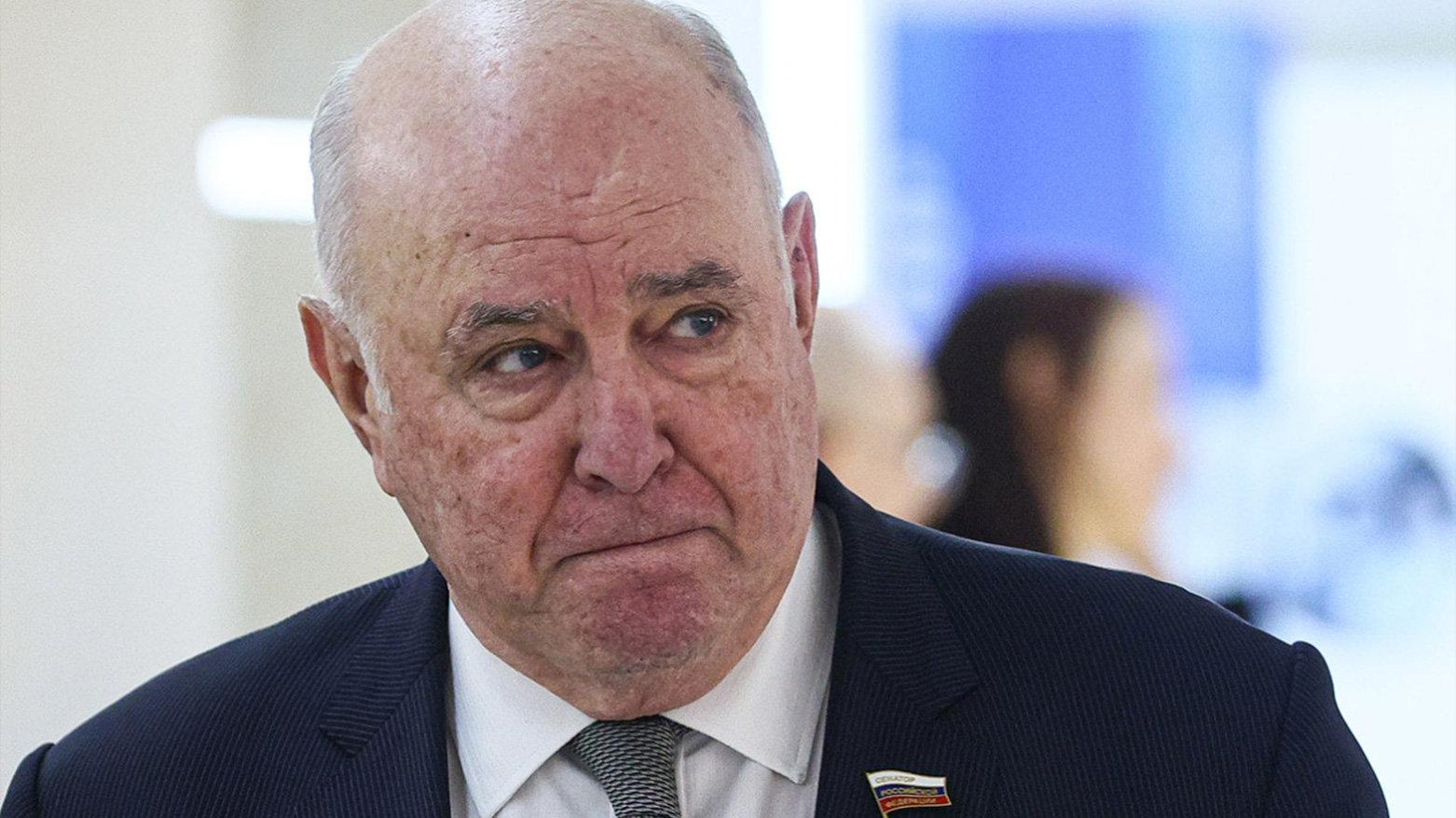Russia Describes Ukraine Ceasefire Talks with U.S. as ‘Difficult but Useful’
According to Russia Today, Karasin told reporters during a break in the negotiations, “Not every negotiation results in a high-profile agreement. What matters is maintaining communication and understanding each other’s positions — and in that regard, we are succeeding."

By Kamaran Aziz
ERBIL (Kurdistan24) – Russia praised its latest round of talks with the United States on a potential Ukraine ceasefire, calling the dialogue “intense, difficult, but useful.” The closed-door negotiations took place over 12 hours on Monday in Riyadh, Saudi Arabia, and mark one of the most substantive bilateral engagements between Washington and Moscow since the outbreak of the full-scale war in Ukraine in 2022.
Russian Senator and former diplomat Grigory Karasin, who led the Russian delegation alongside Sergei Beseda of the Federal Security Service (FSB), described the meeting as a critical step toward de-escalation.
Speaking to Russia’s state news agency TASS, Karasin said, “[We] discussed everything, and the dialogue was detailed and complex but quite useful for us and for the Americans.”
While acknowledging that the two sides remain far apart on numerous key issues, Karasin emphasized the importance of continuing the diplomatic process.
According to Russia Today, Karasin told reporters during a break in the negotiations, “Not every negotiation results in a high-profile agreement. What matters is maintaining communication and understanding each other’s positions — and in that regard, we are succeeding."
The talks, hosted at a luxurious hotel in Riyadh, followed a separate meeting on Sunday between U.S. and Ukrainian officials. Ukrainian Defense Minister Rustem Umerov, who led his country’s delegation, said the discussions were “productive and focused,” addressing key areas including energy and security cooperation.
The Ukrainian team remained in Riyadh on Monday, prepared to re-engage if the U.S.-Russia dialogue yielded progress.
According to Kremlin spokesperson Dmitry Peskov, a partial ceasefire in the Black Sea region was one of the primary topics on the table. The proposed resumption of the Black Sea Initiative—originally brokered in 2022 by Turkey and the United Nations—was discussed as a potential entry point for broader de-escalation.
Moscow had previously withdrawn from the initiative in 2023, accusing the West of failing to ease sanctions on Russian agricultural exports.
President Donald Trump, who has taken a hands-on approach to the crisis since returning to office in January, is reportedly pushing for a rapid resolution to the war. Trump’s envoy to the Middle East, Steve Witkoff, voiced optimism on Fox News that Monday’s meetings could lead to a breakthrough.
“I think you're going to see in Saudi Arabia some real progress, particularly as it affects a Black Sea ceasefire on ships between both countries,” he said, adding that a broader “full-on shooting ceasefire” could follow.
Though the Kremlin has downplayed expectations of a quick resolution—calling the process “only at the beginning”—the Saudi-mediated talks reflect a growing international appetite for diplomacy.
Saudi Arabia, under Crown Prince Mohammed bin Salman, has quietly positioned itself as a key mediator in the conflict. Riyadh’s mediation efforts have included facilitating prisoner exchanges and convening diplomatic summits involving Ukrainian President Volodymyr Zelensky.
The decision to host the talks in Riyadh is also tied to evolving strategic ties between the U.S. and Saudi Arabia. Trump has signaled strong support for Saudi economic investments in the U.S., and in return, Crown Prince Mohammed pledged to broaden trade and strategic cooperation, including a $500 billion economic package over the next four years. Trump also stated that his first meeting with Russian President Vladimir Putin is likely to occur in Saudi Arabia, highlighting Riyadh’s emerging role in global peace negotiations.
Read More: Trump: Saudi Arabia Will Likely Host First Meeting with Putin
Both Moscow and Washington entered the talks amid mounting regional tensions and recent escalations. On the eve of negotiations, Russia launched drone strikes that killed three civilians in Kyiv, including a five-year-old girl.
Meanwhile, Ukraine proposed a wider ceasefire encompassing attacks on energy infrastructure and naval operations. While President Putin rejected a U.S.-Ukrainian call for a 30-day nationwide pause, he indicated openness to halting strikes on energy sites.
Read More: US, Russia in Saudi Talks on Ukraine Ceasefire Plan
Despite the complexities, the atmosphere in Riyadh appeared cautiously hopeful. Karasin noted Russia’s willingness to bring international actors, including the United Nations, into future rounds. “We will continue this process, encouraging the international community—particularly the United Nations and several key countries—to join in,” he said. He described the dialogue as “constructive, necessary, and indispensable.”
As diplomatic efforts continue, Riyadh’s role as host and mediator gains increasing global relevance. The Monday talks, while not yet a breakthrough, could mark the first steps toward ending a war that has deeply divided the international community and inflicted massive human and economic costs. For now, the world watches closely as diplomacy, however fragile, begins to reassert itself in one of the 21st century’s most consequential conflicts.